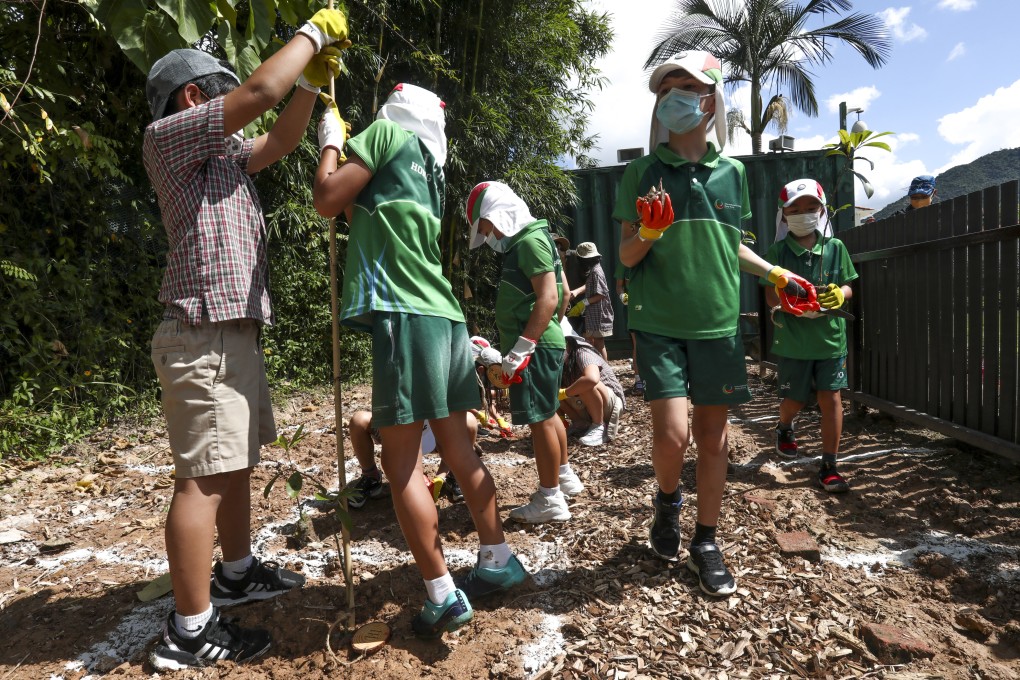Letters | Hong Kong needs better education to overcome its plant blindness
- Improving plant education will not just benefit the environment and our quality of life but also help protect our children from poisonous or dangerous plants

Plant blindness refers to the inability to see or notice the plants in one’s own environment. There are various reasons behind this phenomenon. Since plants barely move and often blend in with the background, they generally get less attention than animals.
Plant blindness leads to our inability to recognise the importance of plants and the fundamental role they play in maintaining the lives of all creatures on this planet. This, in turn, will have a negative impact on plant conservation and result in less support for plant science research and education.
On a personal level, an inadequate appreciation of the unique features of plants can be a real problem. In November, a six-year-old boy was playing football with his friends and family at the waterfront promenade near the M+ Museum at the West Kowloon Cultural District. While he was retrieving his ball, he was injured in the left eye by a thorny yucca plant nearby.
There are fears the boy could lose vision in that eye as a result of the injury. After the accident, dozens of yucca plants in the West Kowloon Cultural District were removed. The management of the area is certainly an issue. For example, there is the question of whether fences should have been put in front of the yucca plants to protect the public.
The key to overcoming plant blindness is education. In Hong Kong, apart from occasional school visits to the Forsgate Conservatory or urban parks, the One Person, One Flower Scheme organised by the Leisure and Cultural Services Department is the only significant initiative to raise awareness of plants. Its aim is to give students from kindergartens, primary, secondary and special schools experience in growing plants.
